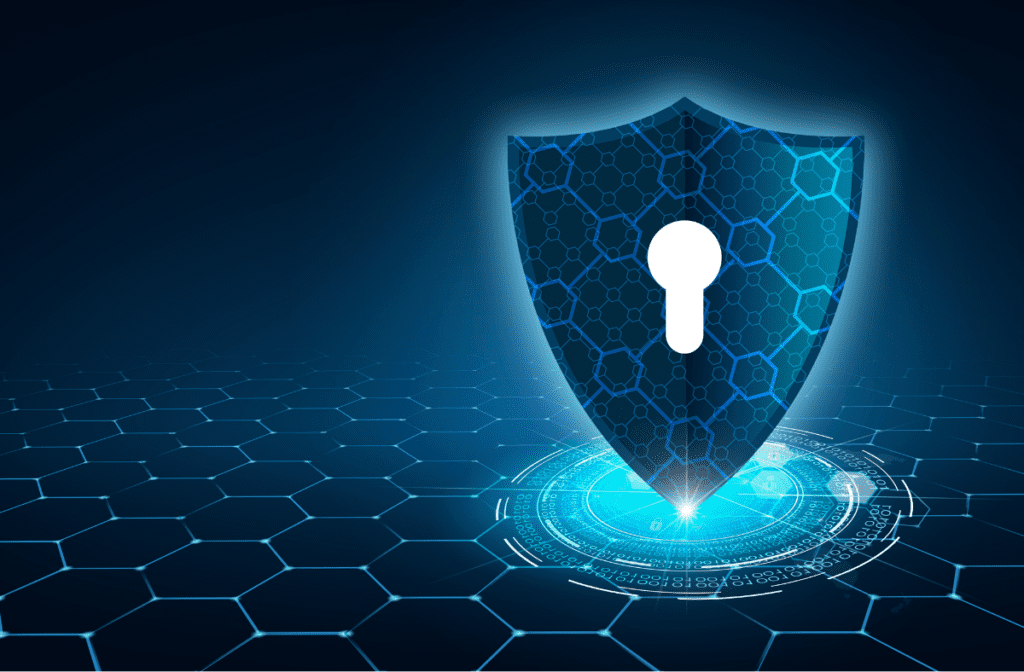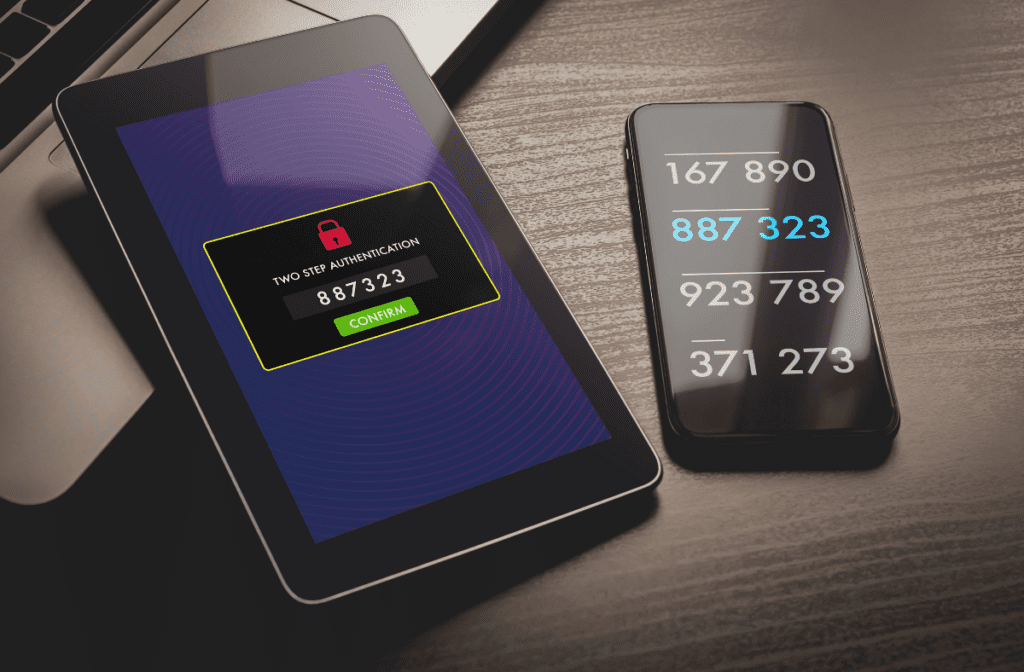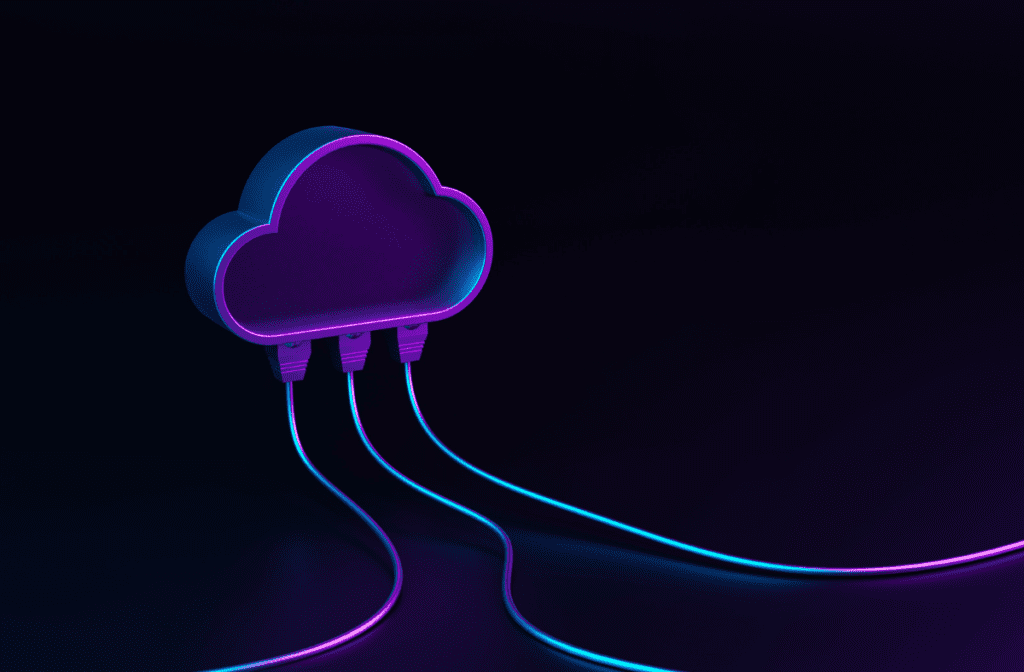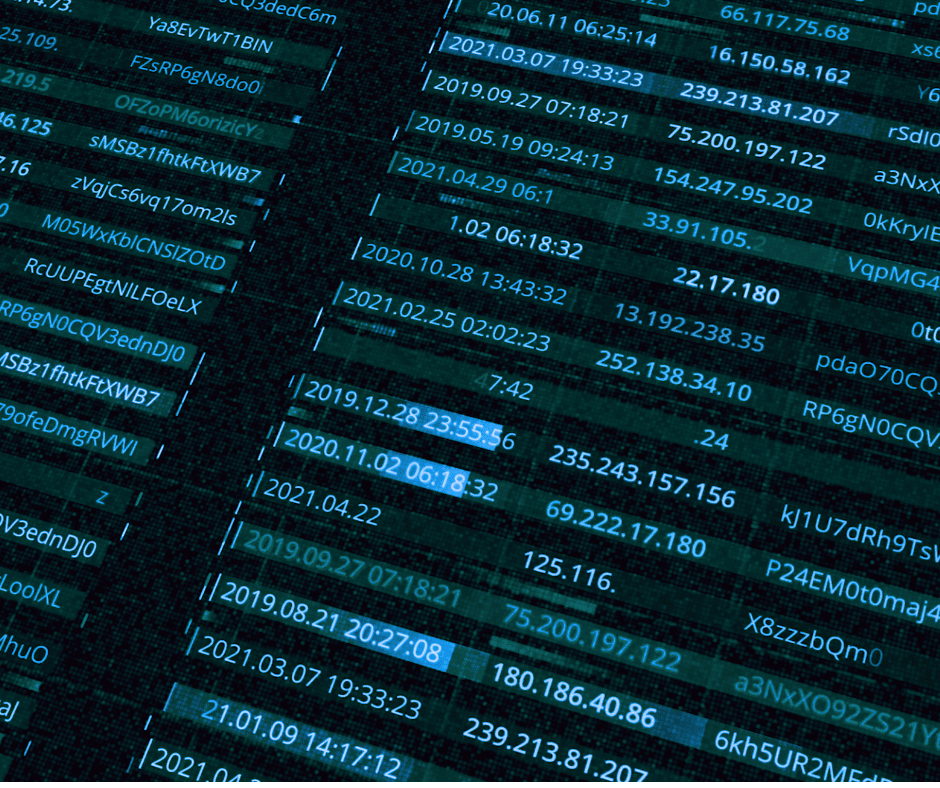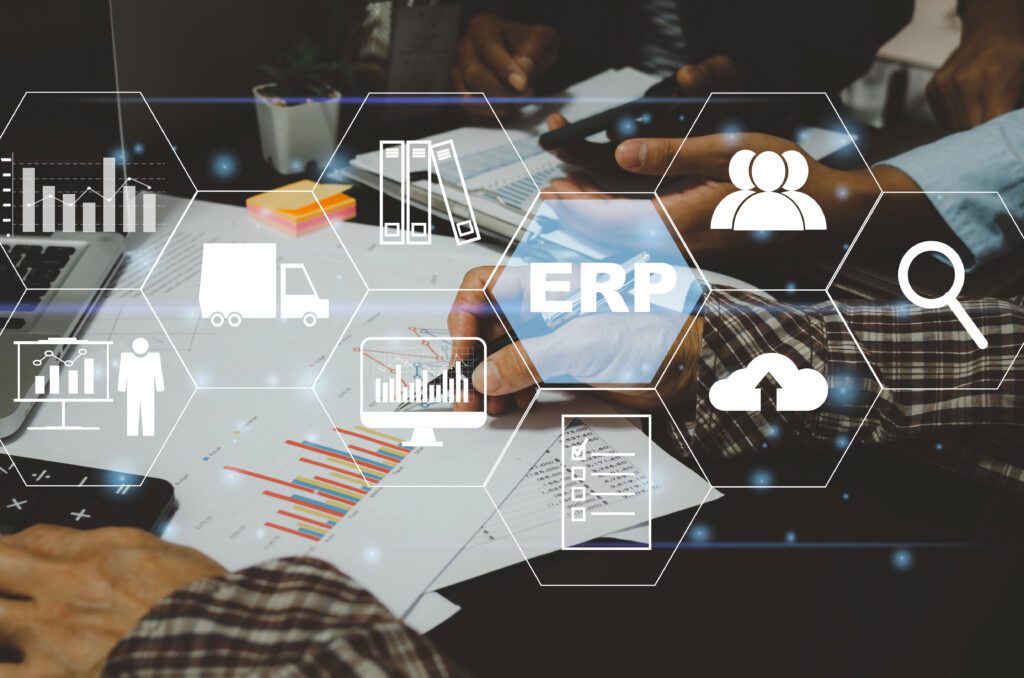Nowadays digitization, where the Internet is an integral part of our lives, online security and privacy is more than ever a key concern. One tool that helps us protect ourselves from dangers and keep our personal data safe is VPN or Virtual Private Network. What exactly is a VPN and how can it take your online experience to the next level? You will learn about this in this article.
In the field of information technology, we are increasingly faced with challenges related to Internet privacy and data security. VPN is not only a technological term for experts, but also a useful tool that can significantly affect the everyday way we use the Internet.
What is a VPN and how does it work?
What is a VPN, you ask? A VPN or Virtual Private Network is a tool that creates a private virtual connection between your device and the Internet. Basically, it creates an encrypted "tunnel" that protects your data from third parties, be it cyber threats, your ISP, or even government agencies.
Its operation is relatively simple. When you connect to a VPN, your internet stream goes through a server located somewhere else in the world. As a result, you get a new IP address, which can be, for example, in another country. Why should you care?
One of the main reasons is anonymity and security.
The fact is that VPN is not only a tool for those who have "something to hide". It has uses for anyone who wants to protect their privacy online. Whether it's online banking, shopping, or simply browsing the internet, a VPN can provide an extra layer of protection.
Whether you're at a coffee shop, airport, or on public WiFi, using a VPN can prevent unauthorized access to your sensitive data. This means that even if you use a public network, your data is secured and protected from prying eyes. A VPN thus ensures that your online activities remain private.
Why should you use a VPN?

Thus, using a VPN is not only about maintaining privacy, but also about increasing it Internet security. Here are the top 5 reasons to use a VPN:
Privacy protection
Your personal information, such as login details, banking information and communications, is securely protected from unauthorized access.
Secure connection on public networks
When using public Wifi connections, your device may be exposed to various security threats. A VPN creates a secure tunnel, protecting your data from potential attackers and hackers who might monitor an unsecured network.
Access to restricted content
Many websites and online services restrict access based on geo-location. A VPN allows you to bypass these restrictions by providing a new IP address from a specific country, allowing you to watch content that might otherwise be unavailable in your region.
Online tracking protection
Internet companies and advertising agencies track your online activity in order to target you with personalized advertising. A VPN hides your real IP address, reducing the amount of tracking information that is collected about you.
Secure access to company networks
For professionals who work remotely, a VPN is an invaluable tool. It provides secure access to corporate networks and sensitive information, ensuring that work data is protected from unauthorized access.
How to choose a VPN?
When choosing a VPN, it is important to consider several critical factors in order to get the right service to suit your individual needs. Here are some key factors to consider:
security:
- Find out what security protocols the VPN uses. Ideally, this should be high-level encryption, such as AES-256 bits.
- Find out if the VPN offers protection against DNS leak or IP leak attacks that could compromise your privacy.
Speed:
- Connection speed is a key factor, especially if you want to use a VPN for video streaming or online gaming.
- Check that the VPN provider has a sufficient number of servers and their geographical location to minimize connection delays.
Server availability:
- More servers in different countries allow better access to content and increase connection speed.
- Make sure the VPN has servers in the countries you want to access, for example to watch content from overseas regional restrictions.
Login:
- Check your VPN provider's logging policy. Some VPNs may store data about your activity, which can be a privacy concern.
- Prefer providers that keep no logs or offer minimal logging.
Device support:
- Make sure the VPN supports all the devices you want to protect. This includes computers, mobile phones, smart TVs and others.
Price and user experience:
- Compare the prices of different VPN providers in relation to the features they provide.
- Read the reviews and experiences of other users to get an idea of the reliability and performance of the VPN service.
Conclusion
In this day and age, when cyber threats are becoming more and more sophisticated, it is important to invest in your online security. A VPN is one of the best ways to achieve this protection.
Whether you're a casual user or an IT professional, it's good to keep in mind that the internet can be a safe and private environment, and a VPN can help you do just that.
Secure your internet, protect your data and enjoy online freedom without worry. A VPN is not only a good thing, but a necessity at a time when our digital security is on the edge of challenges and new technological challenges.
